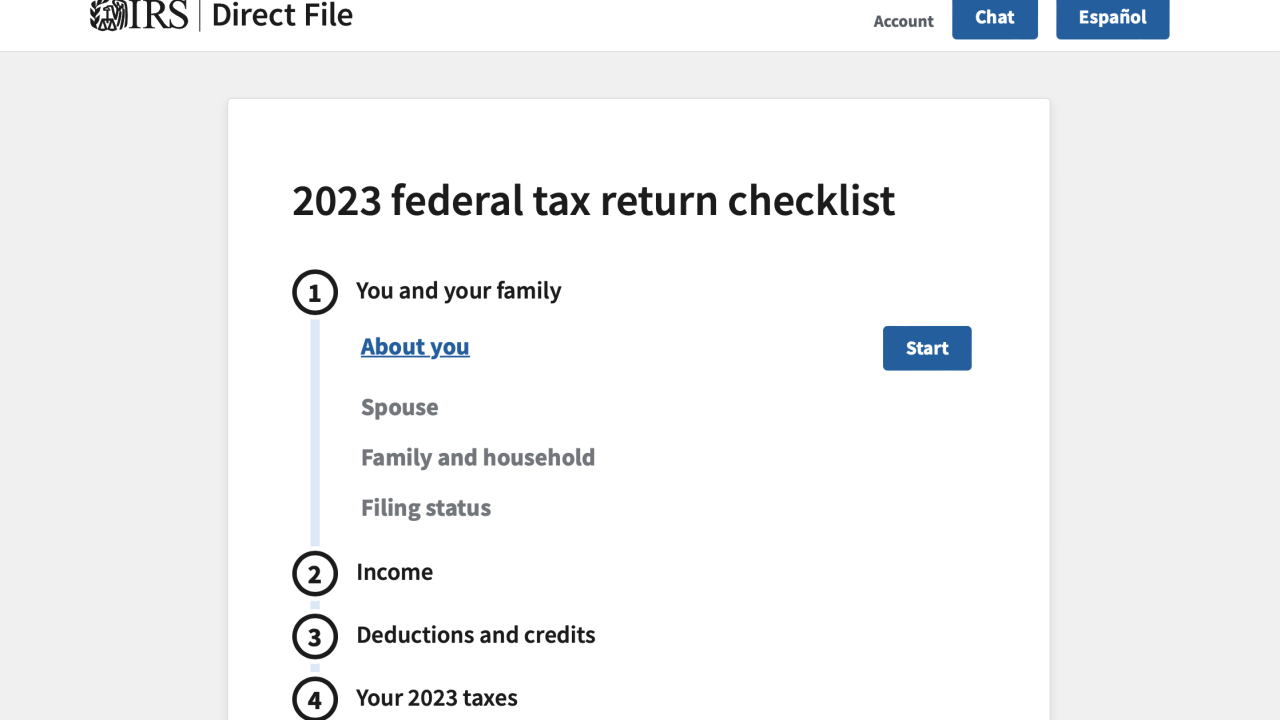Internal Revenue Service commissioner John Koskinen is putting his hopes in the IRS’s recently introduced Form 1023-EZ, which is intended to expedite applications by small charities for tax-exempt status facing a long backlog.
Koskinen also hopes the new form will help the IRS uncover illegitimate charities. In an
That’s on top of the backlog of applications for tax exemptions under Section 501(c)4, which applies to social welfare organizations and has provoked controversy since last year, when the former director of the IRS’s Exempt Organizations unit, Lois Lerner, admitted that her unit had used inappropriate terms such as “Tea Party” and “Patriot” to filter out applications from political organizations.
The new
“We’ve spent a lot of time designing that form to make sure we collect the information that we need,” said Koskinen. “It will be for the first time, digital, online, so we can actually screen the applications and the answers, to pick up ones that we want to take a look at before we give approval to because we’ll know which answers are inconsistent, which ones raise questions, even though they answer them or are supposed to answer them in a way that allows you to get through without more review. So that we will have, for the first time, these applications as opposed to the old forms, we’ll be electronic and we’ll be able to screen them and analyze, as I say, of the 60,000, probably 45,000 are small. We'll have a lot more control over the 45,000, by simply being able to screen them.”
Koskinen said the IRS would also be able to take statistical samplings of the applications and after a year audit how and what the charities are doing, as well as see if it would have made more sense for them to fill out the complete 26-page application.
“We’ll be much more efficient at the front end with the 80 percent of applications that are small, and be able to screen them out more effectively than we have, and we’re going to actually look at them at the front end and look at them a year later, and adjust accordingly,” he said.
During the hour-long interview, Koskinen also defended the IRS’s record of disclosure in the investigations into the Exempt Organizations controversy and criticized congressional budget cuts to the agency. He referred to the missing emails from the hard disk on Lois Lerner’s laptop, which crashed in 2011 and have been sought by congressional investigators, noting that the IRS has been able to provide tens of thousands of her other emails that still existed in the IRS archives.
“All of the emails we’re talking about, with regard to Lois’s hard drive crash or lost emails, have been provided in the ordinary course of the production,” he said. “So if the investigators, across the board, had read the documents they've been insisting we provide, they would’ve known about the hard drive crash about the same time we did.”
Koskinen believes that even if more emails are recovered and the IRS is exonerated, congressional investigators still would not acknowledge any fault.
“It’s not going to surprise me to find out that when you get done with it all—it would be great if they found more emails—there’s not going to be any evidence that anybody tried three years ago to destroy anything,” he said. “Now, when that turns out to be true, it will be like there’s nothing to show the White House was involved, we'll move on. You know, the committee is very quick and they’ll go to something else. They won’t concede error. They’ll say it was worth pursuing, which it is. Whether it was worth making a federal case out of it or not is another issue.”





